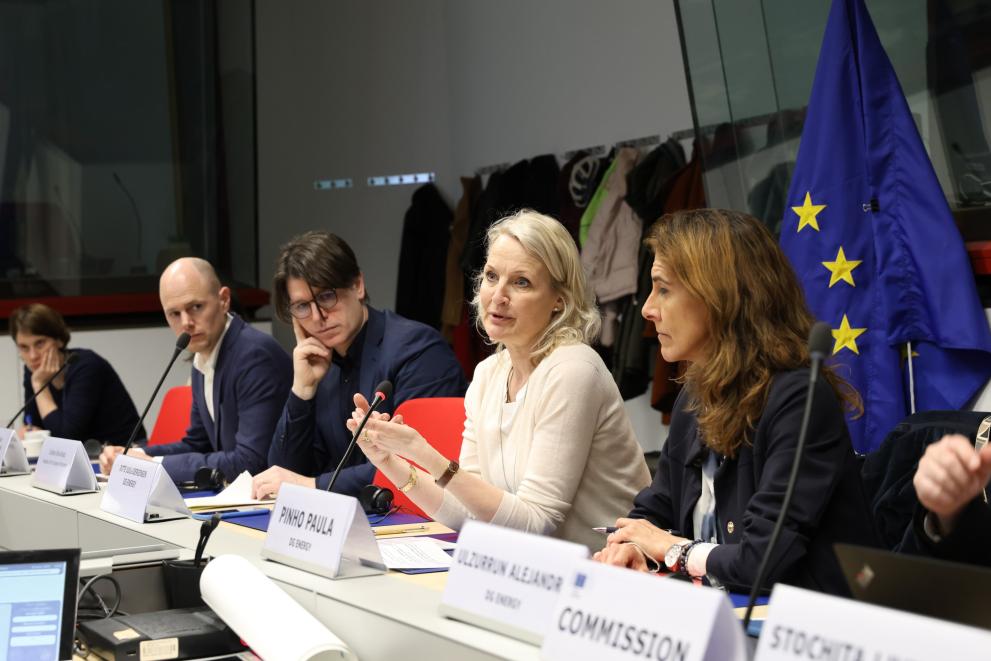
Under the theme "Empowering Local Actors in Bridging Policy and Practice in Tackling Energy Poverty closer to EU citizens", the conference brought together about about 140 participants from 18 countries on-site and online, representing local governments, experts, policymakers, and all stakeholders from across Europe.
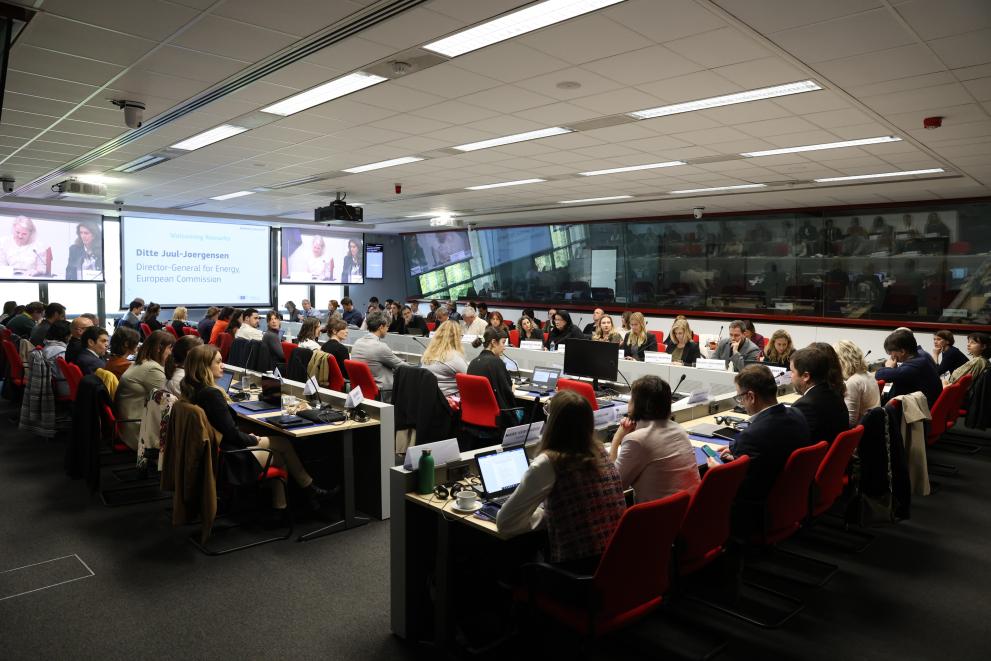
The opening remarks were delivered by Ditte Juul-Joergensen, representing the Director-General for Energy, and Members of the European Parliament Cristian-Silviu Buşoi and Ignazio Corrao. Ditte Juul-Joergensen highlighted the importance of engagement with local governments to improve energy policy, making our transition more just, fair, and ensuring the reduction, minimization, and end of energy poverty in Europe as part of our energy transition. She also stressed the significance of the work of local governments as a necessary part of our common effort for better energy policy, access to affordable, clean, and secure energy across the European Union.

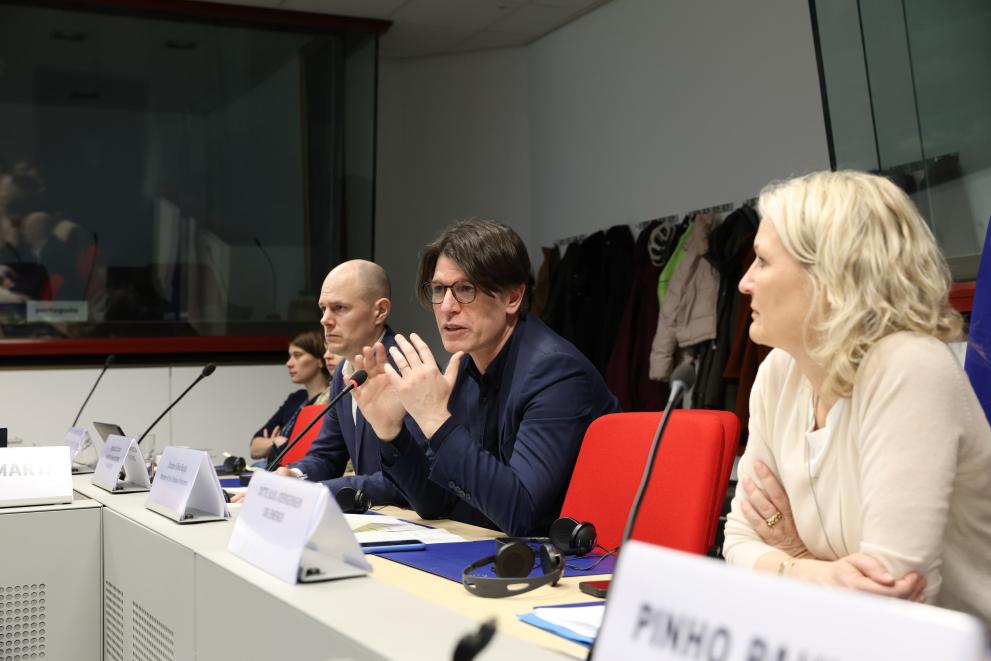
Ignazio Corrao, member of the European Parliament, focused on the deep renovation aspect, highlighting the importance of implementing the Energy Performance of Buildings Directive. He emphasized that by prioritising the worst-performing buildings, everyone would benefit from energy efficiency and comfortable homes. He also stressed the need to raise awareness and communicate to consumers the benefits of deep retrofits.
Concluding the welcoming remarks, Cristian-Silviu Buşoi highlighted that we need to do more to protect vulnerable groups in the upcoming new mandate (e.g. providing energy poverty the necessary financial measures). He stated that we need to be better prepared and proactive, to be more resilient. The situation is still unstable and the scenarios provided show the need to be more competitive.
After the opening, Paula Pinho, Director for Just Transition, Consumers, Energy Efficiency, and Innovation in the Directorate-General for Energy (ENER), presented the European Commission’s Recommendations on Energy Poverty, particularly emphasizing the need to implement what has been adopted and counting on local governments for further action.
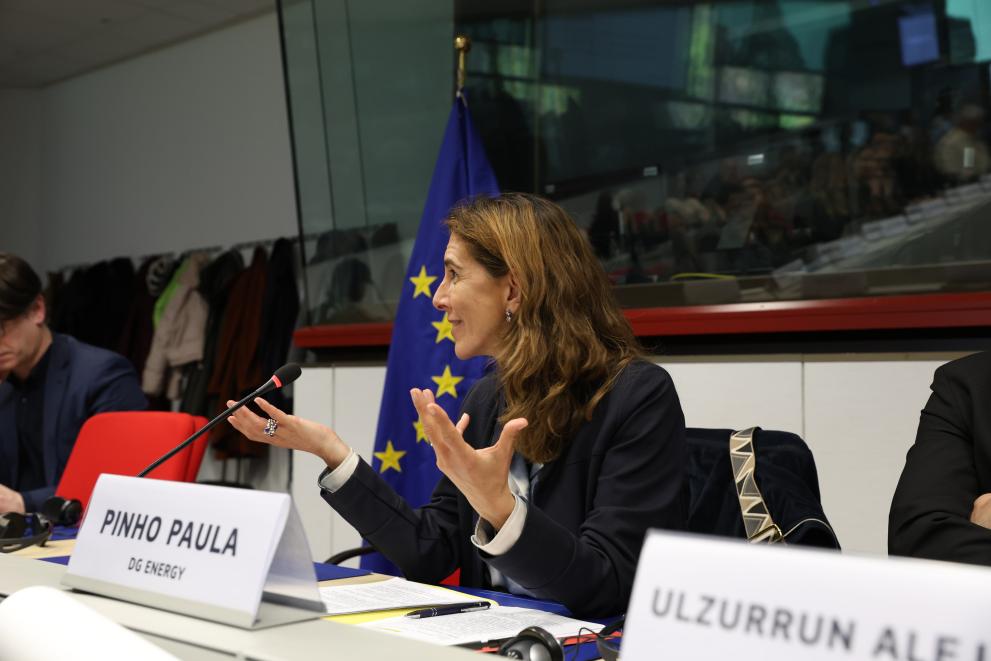
Ion Liviu Stochiță, policy officer of DG ENER, provided a short overview of the background of EPAH as a Pilot Project of the European Parliament (implemented by the European Commission) to support municipalities and the Covenant of Mayors in preparing actions to tackle energy poverty. Furthermore, representatives of the Energy Poverty Advisory Hub presented the results of the initiative, specifically focusing on technical support to cities, capacity building, and research results.
The subsequent panel discussion featured representatives from various European Union countries presenting the outcomes of extensive pre-conference dialogues on the national level. These discussions primarily centered on sharing insights gained and proposing policy recommendations relevant to EU and national levels across different tiers. The showcased results arose from dialogues held in Belgium, Bulgaria, Cyprus, Germany, Greece, Ireland, Italy, Portugal, and Spain, with active participation from the audience.
The main discussion revolved around the need for stronger collaboration and vertical coordination, the multidimensional challenges of energy poverty, the need for additional funding, the effect of long-lasting political instability in certain countries, the need for more guidance on indicator use and local data collection, and the need for deep energy renovations. Alice Corovessi summarised that we “need to tailor the definition and measures based on what the regions and the cities need if we want to talk about a solution or a set of solutions that will effectively mitigate or address the phenomenon of energy poverty.”
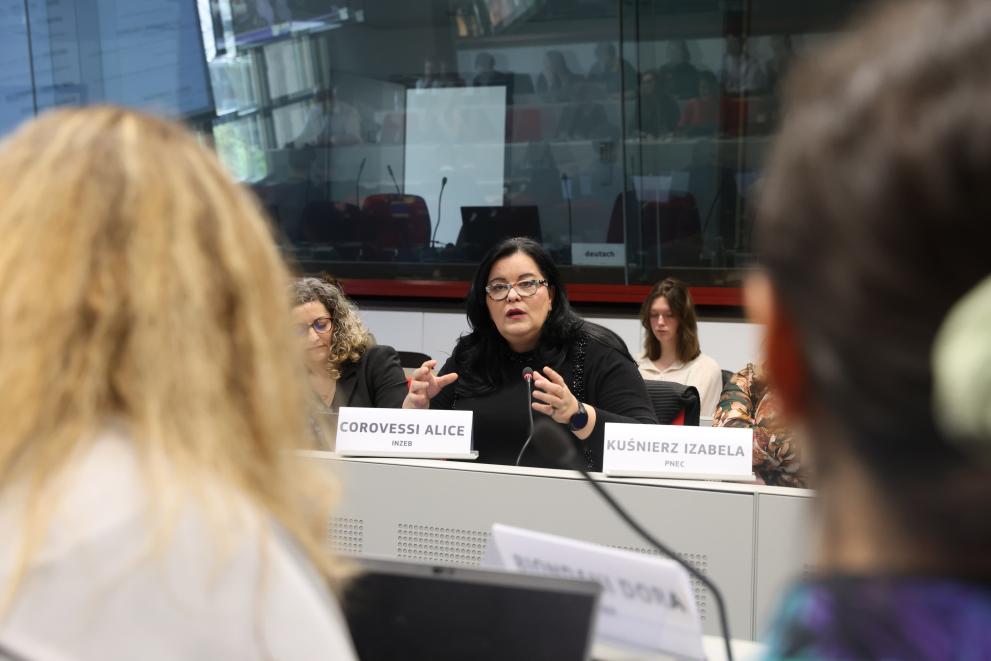
Finally, the conference was closed by Alejandro Ulzurrun de Asanza y Munoz, Head of Unit for Consumers, Local Initiatives, Just Transition, DG ENER, European Commission, who concluded with the main outcome of the event that the complexity of energy poverty presents a challenge but also calls for a nuanced multidimensional response that should come from stronger collaboration among the different levels of government.
The full conference recording is available on YouTube below:
Details
- Publication date
- 29 April 2024
